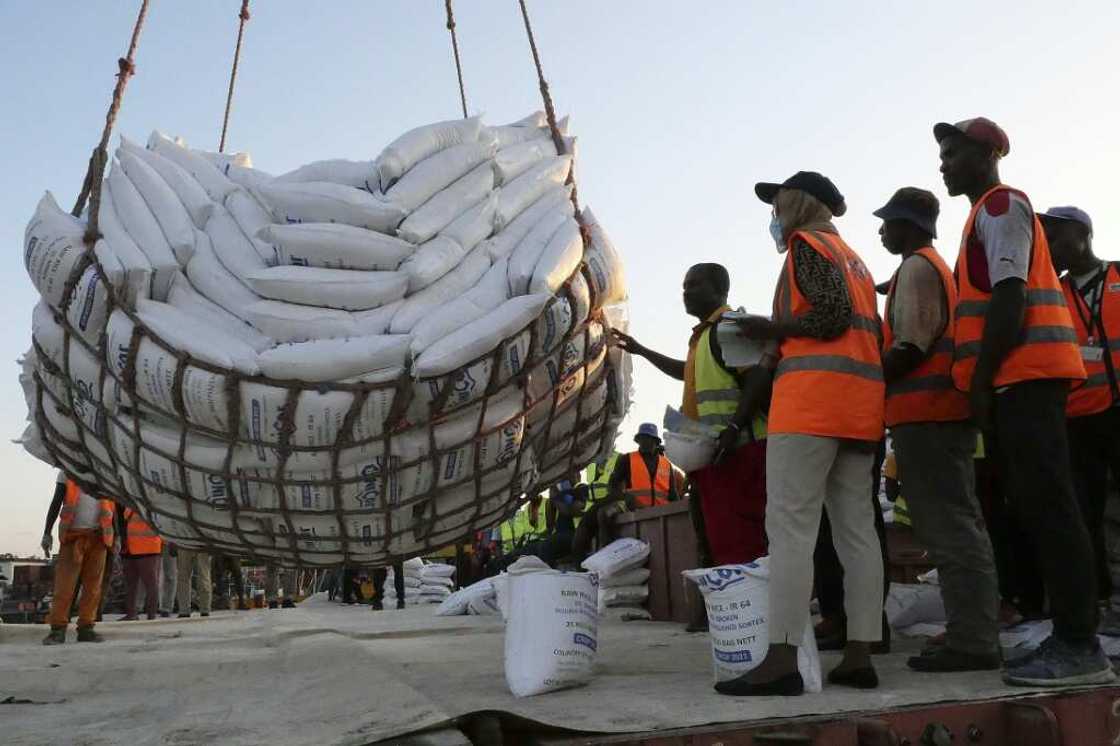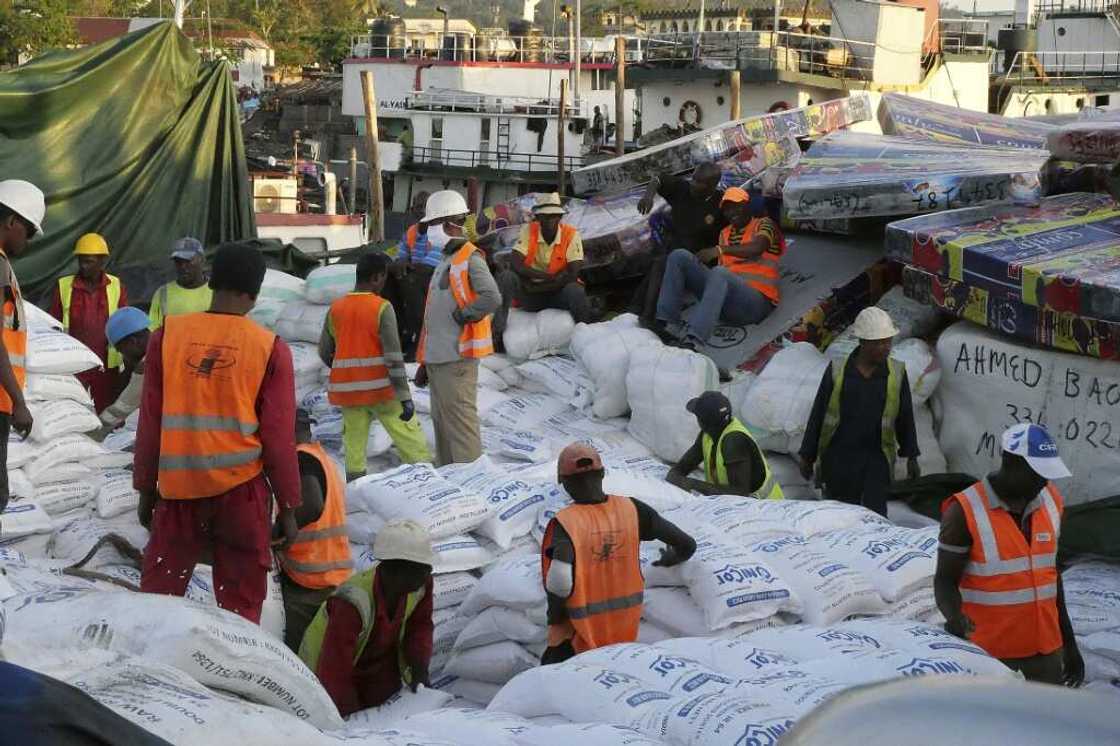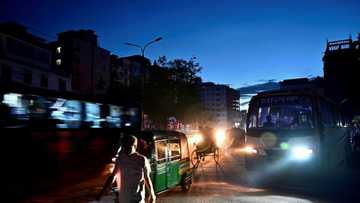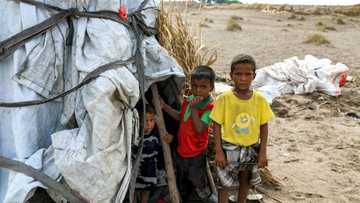Rice shipment brings relief to hungry, shortage-hit Comoros

Source: AFP
It's late in the evening in the Comorian capital of Moroni but the city's port is filled with eager faces.
An 800-tonne rice shipment has docked in the Indian Ocean archipelago after three months of shortages that have sharpened hunger and stoked unrest.
"We can officially declare the end to the rice shortage," declared Ben Abdallah Youssouf of Onicor, a state entity that holds a monopoly on imports and trade in "ordinary" rice, the cheapest and most consumed variety.
But many locals who have struggled to put food on the table in recent weeks said they were far from convinced.
"They say there's enough rice for everyone, but I don't believe it anymore," said Ben Laden, who like many others had joined the crowd at the dock in the hope of getting his hands on a sack.
Supply-chain snags and Russia's invasion of Ukraine have caused food shortages and high prices across much of the world.
PAY ATTENTION: Сheck out news that is picked exactly for YOU ➡️ find the “Recommended for you” block on the home page and enjoy!
But the crisis has been felt acutely in Comoros, an island chain of almost 900,000 people located between Madagascar and Mozambique, which was left virtually without its staple food.
The country imports most of its food, and Onicor has blamed the lack of rice on suppliers, saying they did not deliver what they promised.
Rations and tear gas
When the supply crunch started to bite, rations were put in place, with a 25-kilogram (55-pound) bag earmarked to feed up to six families until the next shipment arrived.

Source: AFP
When a freighter carrying about 800 tonnes of rice arrived early last month, most families had already run out of stock.
Long queues had already formed outside distribution points.
Some people placed bricks on the ground to hold their place in the line while they ran other errands.
The precious cargo was unloaded under the watchful eye of heavily armed security forces but in any case, could only cover a fraction of the country's needs. Up to 7,000 tonnes of rice are consumed every month, according to the government.
As government promises to deliver emergency assistance failed to materialise, tensions rose.
Police arrested nine people after a truck convoy carrying rice bags was attacked.
Some distribution points were moved to police stations.
In the town of Ouani, authorities fired tear gas to disperse an angry crowd.
Surging prices
The cost of a kilogram (2.2 pounds) of rice, which normally sells for less than one US dollar, more than quadrupled. Most rice is imported from India and Pakistan.
Families scrambled to find alternatives, but not everyone could afford pasta or root vegetables, which had also gone up in price due to high demand.
About a quarter of the population lives below the threshold of poverty, according to the World Bank.
All of this will "soon be just a bad memory," declared Youssouf, wearing a high-visibility vest as he oversaw the offloading in the port of Moroni on Monday night.
Another 12,000 tonnes of rice would arrive on Tuesday, he promised.
The sacks were loaded onto trucks and delivered to stores.
Outside Kirti Khodidas's shop in the city's old quarter, soldiers stood guard, ready to intervene in case of overcrowding.
The shopkeeper hoped to sell 800 sacks in one go.
Mma Ibou, a woman in her 40s wearing a traditional dress, grabbed hold of a sack and placed it on her head before scuttling off with a smile on her face.
Source: AFP





